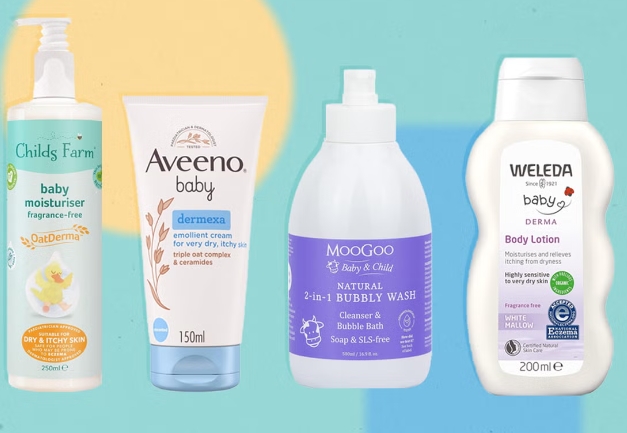The skin of African babies is unique and beautiful, often requiring special care to maintain its health and vitality. Understanding the best creams suited for their delicate skin can help parents protect and nourish it from the outset. In this blog post, we will explore some top cream options that cater specifically to the needs of African baby skin.
Understanding the Needs of African Baby Skin
African baby skin tends to be thicker and has more melanin, which provides some natural protection against environmental factors. However, it also requires hydration to prevent dryness and irritation. When choosing creams, look for those that contain natural ingredients, as they are less likely to irritate sensitive skin. Additionally, products free from harmful chemicals and fragrances are preferable to ensure the well-being of your little one.
Top Creams for Hydration and Protection
- Shea Butter Creams
Shea butter is a powerhouse ingredient, especially beloved in African skincare. Rich in vitamins A and E, shea butter creams help retain moisture and soothe dry skin. They also have anti-inflammatory properties, making them perfect for calming any irritation or rashes. Look for organic shea butter creams that are free from additives for a pure and gentle option. - Coconut Oil Formulations
Coconut oil has become a staple in many baby skincare routines due to its moisturizing and antimicrobial properties. Creams that incorporate coconut oil can help keep baby’s skin soft and hydrated, while also offering protection against infections. Ensure the product is premium quality, as pure coconut oil or creams with coconut oil as a primary ingredient can provide the best results. - Aloe Vera Enriched Creams
Aloe vera is another fantastic ingredient for baby skin. Known for its soothing qualities, aloe vera enriched creams can promote healing and hydration. This is particularly beneficial for babies who may experience rashes or other skin irritations. Opt for creams that highlight aloe vera as a key component to ensure your baby receives its full benefits.
Choosing the Right Cream
When selecting a cream for your African baby’s skin, it’s essential to consider individual skin types and any specific concerns. Always perform a patch test when introducing a new product to ensure it doesn’t irritate your baby’s skin. Additionally, consulting with a pediatrician or dermatologist can provide tailored recommendations based on your baby’s unique needs.
In conclusion, caring for African baby skin involves selecting the right creams that protect, hydrate, and nourish. Recognizing ingredients like shea butter, coconut oil, and aloe vera can help you make informed choices. For more tips on baby skincare or to discover new products, continue your research and engage with knowledgeable sources. Happy parenting!

